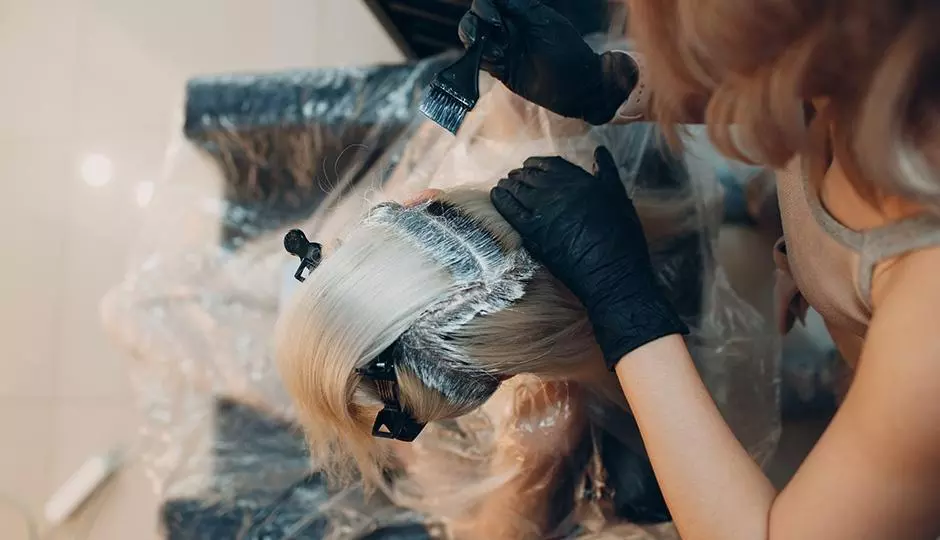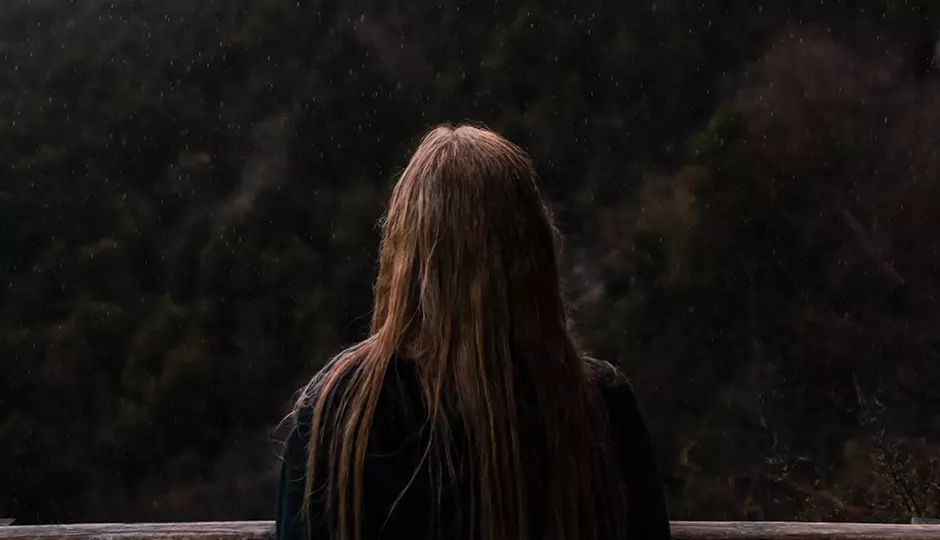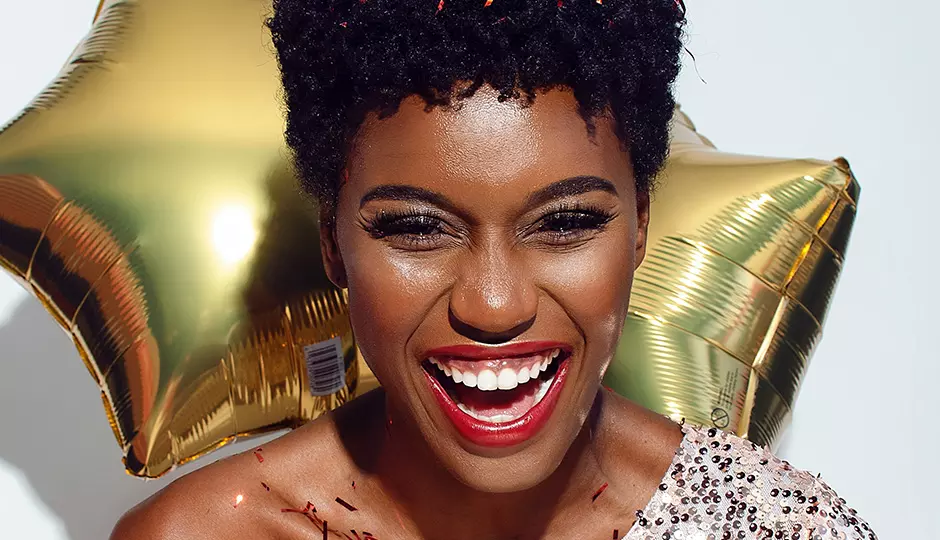It's common to hear horror stories of breakage, dryness, and signs of damage caused by hair dye. Yet colors and dyes are a popular and easy way of creating a new style or look. Unfortunately, people often ask if colors and dyes can hurt your hair or if something else is causing the damage. Here's what you need to know about hair dye and the health of your hair.
What Should You Know About Hair Dye and Hair Damage?
Your hair is primarily composed of a protein called keratin. Keratin provides a protective coating that protects the strand of hair underneath from moisture, heat, and UV rays from the sun.
When applying permanent or demi-permanent hair dye, a chemical reaction causes the protective proteins to lift. This chemical reaction enables the chemicals to penetrate the hair strand and change the color.
Permanent or demi-permanent hair dye uses a different process than temporary or semipermanent hair dyes. Temporary dyes color your hair, and while they usually don't penetrate deeper layers of the hair, they can still cause damage.
Altering the structure of your hair's protein with permanent or demi-permanent dye can have side effects that include:
- reduced hair thickness
- increased roughness of hair follicles
- loss of hair strength
- less ability for your hair to handle heat styling
The short and long-term effects of the dyeing process depend on your hair's structure. If your hair is naturally thin or brittle, dyeing it can make it thinner. You can also experience side effects if you have thick hair because the process may take longer to lift the hair proteins and may require longer applications.
Does It Matter if the Hair Dye Is Light or Dark?
When dyeing your hair a lighter color, the more you have to bleach it, the greater the potential damage. Research using microscope technology to evaluate degrees of bleaching has found that prolonged bleaching of hair fibers caused the most damage, especially when changing very dark hair to a lighter color. However, because you're still changing the hair's structure, going from light to dark hair isn't necessarily less damaging, and it's vital to take care of hair dyed darker as well.
Allergic Reactions to Hair Dye
In some cases, hair dye has been known to cause severe allergic reactions, including swelling of the lips and eyes or even breathing problems that require immediate medical attention. Therefore, it's good to perform a patch test by applying the dye to a small area before dyeing your entire head of hair. However, it's also important to understand that even if a person doesn't have an allergic reaction to a patch test, they may have a reaction when the dye is applied to their full head of hair.
Are There Natural Alternatives?
While several hair dyes are marketed as natural, it's important not to view all options as entirely safe for your hair. Natural hair dyes can still cause structural changes to the hair that weaken it and may also cause allergic reactions.
A recent trend is dyes marketed as organic or eco-friendly. However, the FDA warns that organic dyes are not necessarily safer than non-organic dyes. While they may use different methods, organic and natural dyes are not always safer or better for your hair.
Do Colors and Dyes Damage Your Hair?
Coloring your hair and using hair dyes can damage your hair. Practicing hair-friendly techniques, such as limiting heat styling and conditioning, can help minimize damage. In addition, choosing a dye closer to your hair's natural color can limit the time your hair is exposed to hair dyes and minimize the damage. If you are concerned about your hair's health, our team of experts at New Image Hair Clinic can help. Contact us today for your FREE initial consultation, and let us help you keep your hair looking and feeling healthy.



